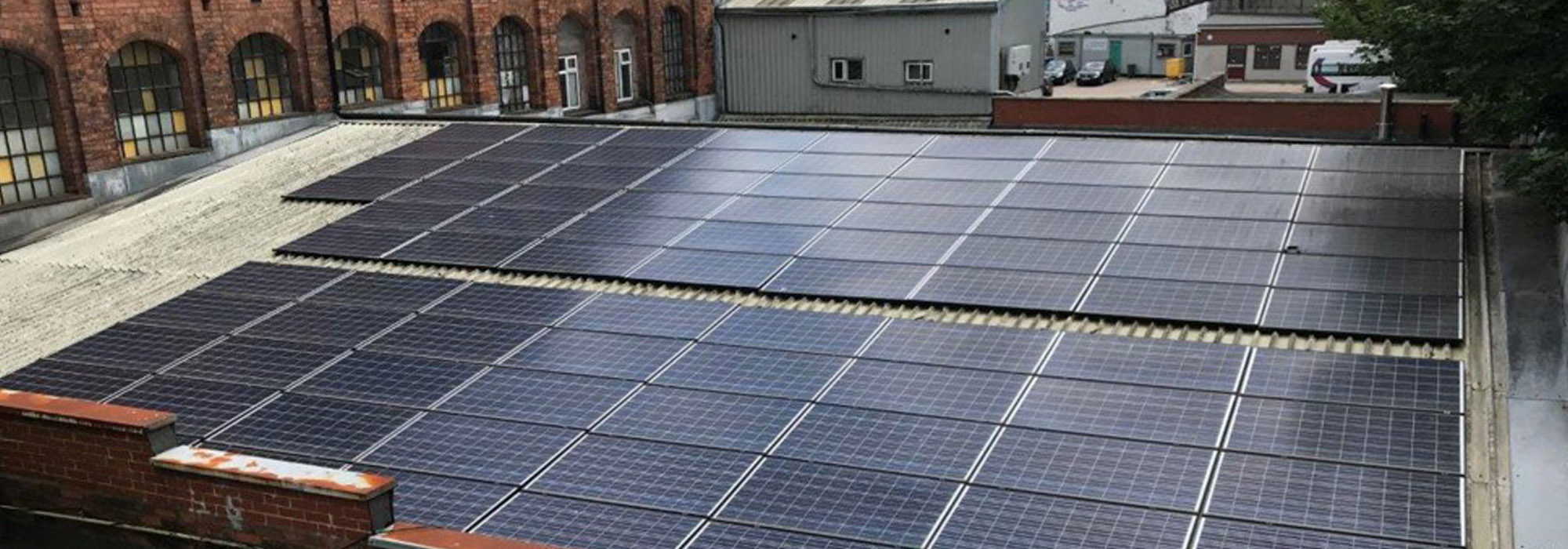
In Mike Berners-Lee’s book ‘How Bad Are Bananas?: The carbon footprint of everything’ we are given a breakdown of how much ‘dirty’ energy is needed for a flight or the internet or for example a banana. Not actually that much for bananas, but aviation and heating have huge carbon footprints needing to be addressed if we are to reduce greenhouse gas emissions leading to climate change and warming oceans.
However as a mosque, we need to look closer to home. Places of worship can be energy intensive with large spaces to keep warm. In line with our ‘stewardship’ responsibility to the planet as part of our faith, the Trust is committed to clean energy. Out of our twenty-two centres, eighteen have already been converted to run on solar power. In addition to this, we are retrofitting mosques to have better insulation and so on to further reduce our energy usage.
Fossil Fuel Divestment
The Bahu Trust in collaboration with the Islamic Foundation for Ecology and Environmental Sciences (IFEES) and the Mosques & Imams National Advisory Board have jointly called on Muslims to divest from fossil fuels and invest in renewable energy to help deliver clean power for all.
In a joint statement, the Bahu Trust, Islamic Foundation for Environmental & Ecological Sciences (IFEES), and the Mosques & Imams National Advisory Board (MINAB) said that fossil fuel profiting in its current form is “morally wrong”.
It cites a verse from the Quran that alludes to human destruction of the natural world, and a saying from the Prophet Muhammad highlighting the importance of environmental stewardship.
The statement also makes reference to the Islamic Declaration on Global Climate Change, drafted by IFEES founder Dr Fazlun Khalid, which calls on Muslims to cut their carbon footprint and commit to 100% renewable energy.
“Profiting from fossil fuel production in its current form is financially unnecessary, morally wrong and goes against the spirit of the Quranic teachings of good environmental stewardship,” the statement reads.
“We call upon all Muslim individuals and institutions to immediately commence a comprehensive process to evaluate all of their current savings and investments to ensure they are not invested in the fossil fuel industry.
“There is little time to bring about the transition, action is urgent, and the Muslim community should stand firmly among the global community of people dedicated to climate action.
“Loving the creation of Allah is part of one’s love for Allah. Divesting from fossil fuels and reinvesting in cleaner renewable energy is the only way to provide for a sustainable future for the generations already born and those to come.”
The statement followed the Fiqh Council of North America – responsible for issuing authoritative religious rulings known as fatwas – who called for a rapid transition towards renewable energy.
